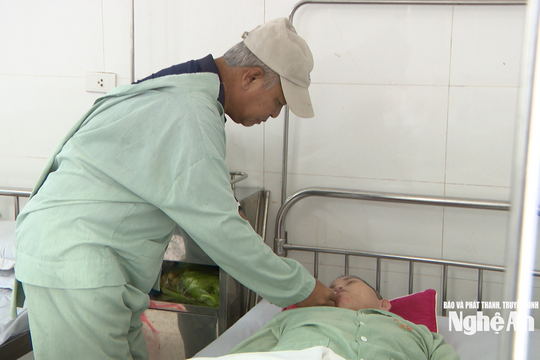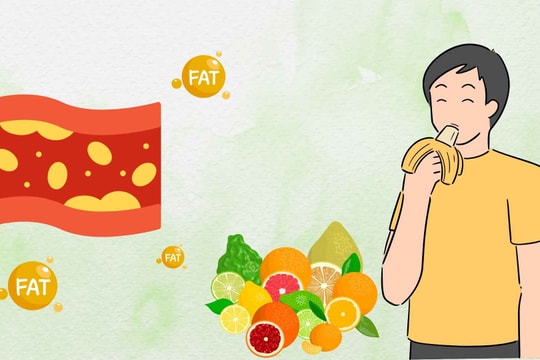Prevent stroke when the weather changes seasons
According to Professor Dr. Le Ngoc Thanh, Director of E Hospital, the changing of seasons sometimes becomes a danger for people with cardiovascular disease, because dangerous complications can easily occur such as high blood pressure, stroke...
According to the warning of doctors at the Cardiovascular Center, E Hospital, the weather is changing seasons, the temperature changes erratically, making it difficult for the human body, especially the elderly, to adapt, easily leading to a number of dangerous cardiovascular events such as acute myocardial infarction, stroke..., if not treated promptly, it can lead to the risk of death.
For cardiovascular patients need to be monitored periodically, especially when the seasons change, when the weather changes to have timely preventive measures and treatment. When exposed to rain, cold or sudden heat can easily lead to coronary artery disease.
When the climate changes, the air pressure is unstable, the heart beats faster, the heart muscle is susceptible to lack of oxygen. When atherosclerotic plaques appear in the coronary arteries and rupture, it will cause sudden blockage or form blood clots that cause blockage.
Blocked coronary arteries will cause angina and myocardial infarction. The consequences of myocardial infarction depend on the extent of the infarction, the more ischemic the heart muscle is, the more the heart function is reduced, leading to the risk of death.
10 signs of a stroke
Face is always depressed
If you suddenly have a sunken smile, half of your face is immobile or completely paralyzed, it could be a sign of a stroke. This is because the nerves supplying the facial muscles are gradually destroyed because of a lack of oxygen in the blood.
Weakness of one arm
Another obvious sign of this stroke is paralysis or weakness of the arm and the inability to raise it above the head.
Stutter
Stuttering occurs when blood clots form in the blood supply to the part of the brain responsible for communication and speech rate.
Part of the body becomes paralyzed or weak
Stroke is always manifested by weakness or paralysis of some body parts or may occupy half of the body. And then drug intervention is necessary because more than 2/3 of patients will be paralyzed forever.

Another sign of a stroke is blurred vision or problems with your vision. This happens because of a lack of oxygen to the part of the brain responsible for your vision.
Dizziness, lightheadedness, vertigo
Dizziness and lightheadedness are very common signs of stroke because of the lack of oxygen supply to the brain.
Abnormal gait
If you suddenly find it difficult to move around, something you have never experienced before, then you are definitely having the signs of a stroke and are suffering from its effects.
Severe headaches in episodes
Headache symptoms of stroke are often very severe, intense, the patient feels as if the head is exploding. As soon as this symptom appears, the patient needs to be given emergency treatment to avoid complications that cause brain death.
hiccups
Usually this is just a minor discomfort. But when a stroke affects the brain's breathing center, it can cause sudden, prolonged hiccups, which are more common in women.
Shortness of breath or rapid heartbeat
A study of gender differences in stroke found that women were more likely to experience symptoms of shortness of breath or heart palpitations during a stroke.



.jpg)
-6c936385358262921c0884226b06c05a.jpg)

.jpeg)

